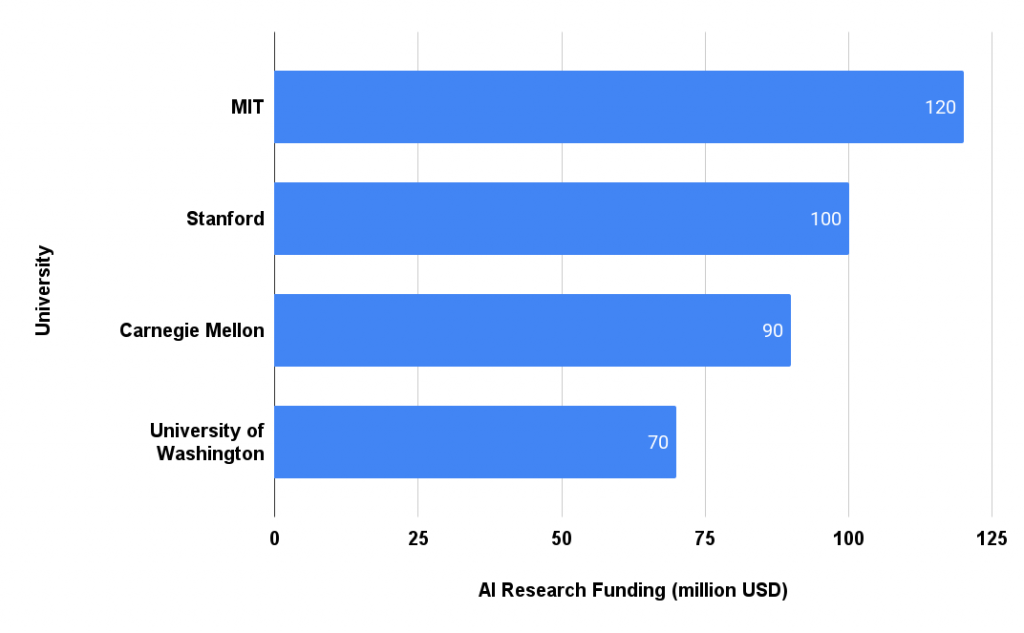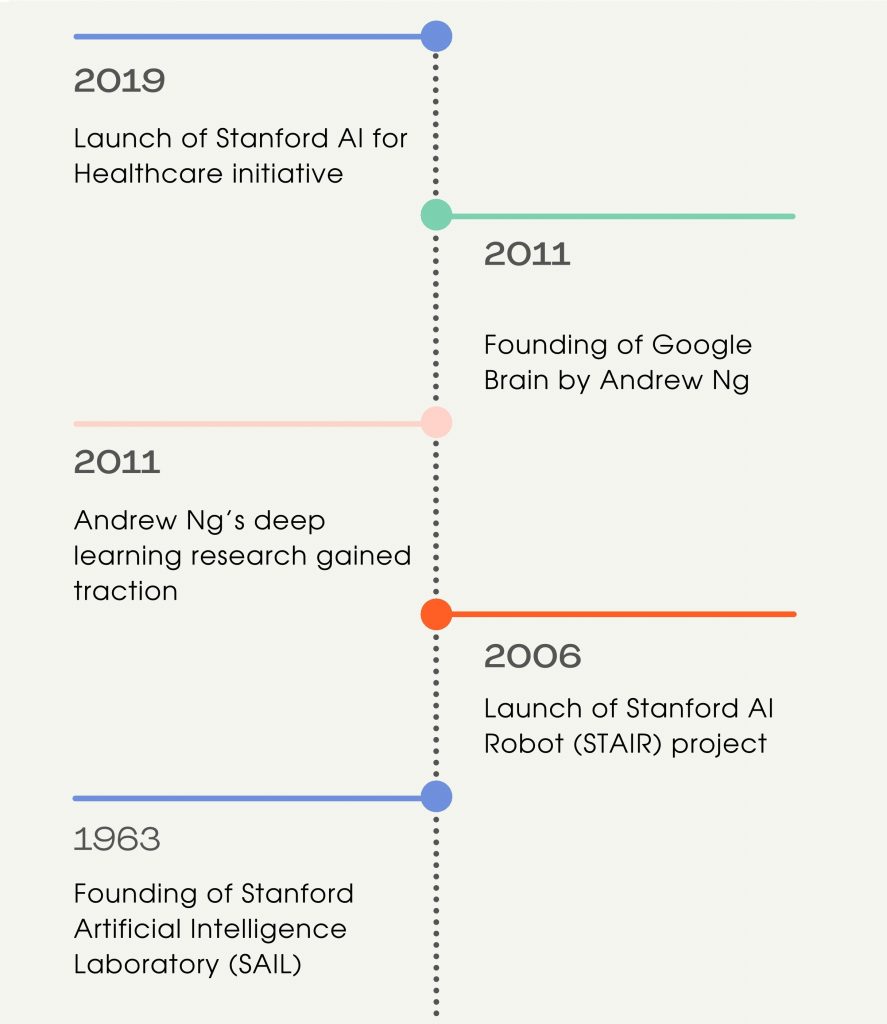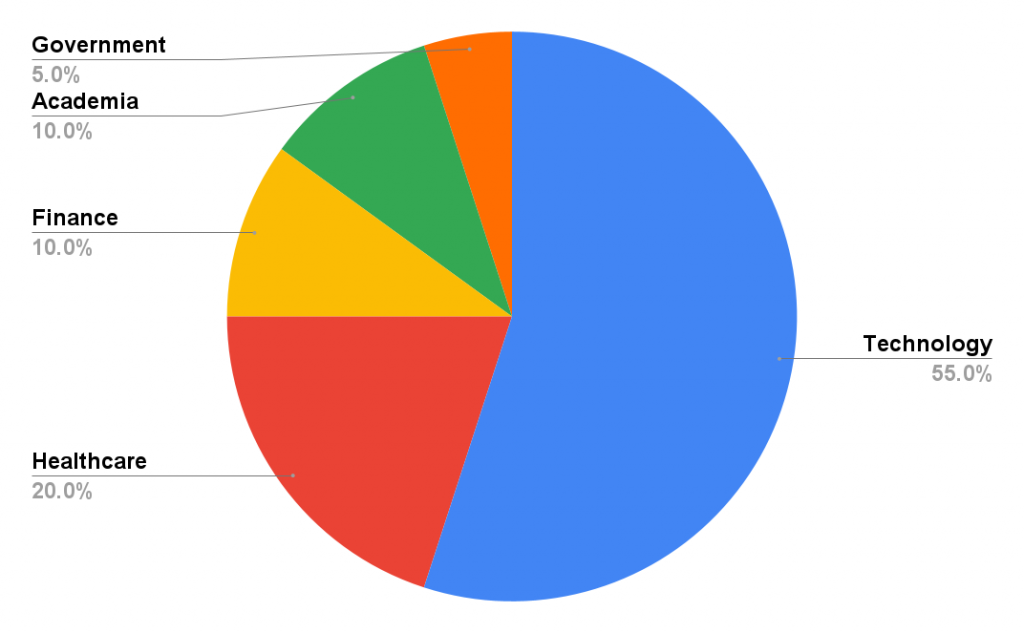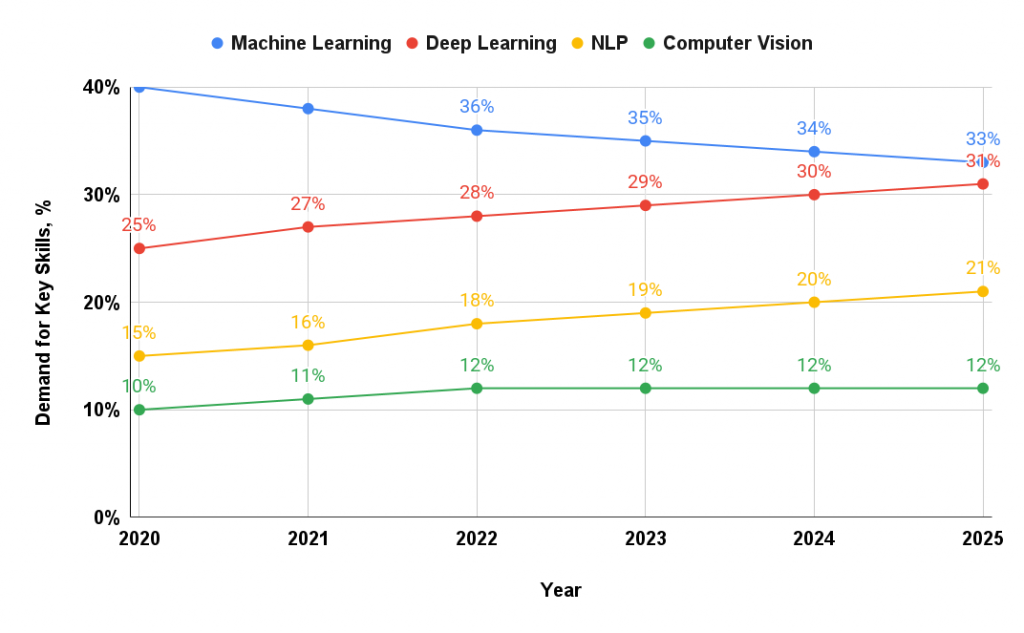The AI revolution is sweeping through university campuses, and as of March 25, 2025, schools like MIT, Stanford, and Carnegie Mellon are at the forefront, training the next generation of innovators. But they’re not alone—emerging programs are also making waves. With the AI job market booming—think machine learning engineers earning a median of $85,000 annually—these programs are your gateway to a future shaping self-driving cars, smarter chatbots, and beyond. Let’s explore what makes these universities stand out, hear from those living the revolution, and get practical tips to pick the right program for you.
MIT: Pioneering AI’s Cutting Edge
Innovative Curriculum and Research
MIT’s Department of Electrical Engineering and Computer Science (EECS) isn’t just teaching AI—it’s redefining it. Beyond the Bachelor’s and Master’s degrees, their Professional Certificate Program in Machine Learning & Artificial Intelligence offers courses like “Deep Learning for Natural Language Processing,” where students build models powering tools like Siri. Research here is equally bold—think projects like the MIT-IBM Watson AI Lab, tackling everything from healthcare diagnostics to AI ethics.
Student Spotlight
Take Priya Patel, a 2024 Master’s grad: “I worked on a project predicting disease outbreaks with machine learning. Now I’m at Google, using those skills to improve search algorithms.” Her story shows MIT’s knack for blending theory with real-world impact.
Expert Voice
Professor Tommi Jaakkola, a machine learning pioneer, says, “Our goal is to equip students with tools to solve problems we haven’t even imagined yet.” That’s MIT in a nutshell—future-focused and fearless.
MIT Strengths
- Specialization: Deep Learning, NLP
- Key Partnership: Google, IBM
- Standout Course: Predictive Analytics

AI Research Funding at Top Universities (2025)
Stanford: Silicon Valley’s AI Incubator
Cutting-Edge Courses and Community
Stanford’s Stanford Artificial Intelligence Laboratory (SAIL) has been a trailblazer since 1963. Its Artificial Intelligence Graduate Certificate dives into computer vision—think self-driving car tech—while undergrads in the Symbolic Systems major explore AI’s psychological roots. The vibe? Collaborative and buzzing, with hackathons and guest lectures from Silicon Valley execs.
Success Story
Andrew Ng’s legacy looms large—he turned Stanford’s AI lessons into Google Brain and DeepLearning.AI. But meet Maria Lopez, a 2023 undergrad: “I built an AI to analyze climate data during an internship at NVIDIA. Stanford’s network got me there.” Her story underscores the program’s industry pipeline.
Industry Insider
Percy Liang, a deep learning expert, notes, “Our students don’t just learn AI—they live it, thanks to our ties with companies like Tesla.” It’s a launchpad for dream jobs.
Stanford Strengths
- Specialization: Computer Vision, NLP
- Key Partnership: NVIDIA, Tesla
- Standout Course: Data Mining

Timeline of Stanford AI milestones
Carnegie Mellon: Building Trustworthy AI
Practical Learning and Ethics
Carnegie Mellon, ranked #1 by U.S. News for 2025, offers the first-ever bachelor’s in AI via its Artificial Intelligence program. The Machine Learning Department shines with courses like “Trustworthy AI,” ensuring grads build systems that prioritize fairness. Their partnership with NVIDIA means hands-on projects—like optimizing robotics for warehouses.
Graduate Impact
James Carter, a 2024 PhD grad, says, “I designed an AI to reduce bias in hiring at Microsoft. CMU’s focus on ethics made it possible.” His work reflects the program’s practical edge.
Faculty Insight
Dean Martial Hebert emphasizes, “We’re training engineers who don’t just code—they shape society.” That’s CMU’s mission: AI with a conscience.
CMU Strengths
- Specialization: Machine Learning, Robotics
- Key Partnership: NVIDIA, Microsoft
- Standout Course: AI Ethics

Job Sectors of Carnegie Mellon Graduates (2025)
Rising Star: University of Washington
Fresh Approach
Don’t sleep on the University of Washington, ranked in EduRank’s top 10. Its AI2 institute pioneers NLP and vision research—like tools decoding ancient texts. Affordable tuition and a growing tech hub in Seattle make it a contender.
Student Voice
Sara Kim, a 2024 undergrad, shares, “I joined a project mapping wildlife with AI. Now I’m at Amazon.” It’s proof emerging programs can punch above their weight.
UW Strengths
- Specialization: NLP, Vision
- Key Partnership: Amazon, AI2
- Standout Course: AI for Social Good
How These Programs Match the 2025 Job Market
AI jobs are exploding—Forbes lists machine learning, NLP, and computer vision as top skills, with Coursera noting salaries up to 47% higher for pros in these areas. College Transitions pegs the median at $85,000. These universities deliver: MIT’s NLP fuels virtual assistants, Stanford’s vision drives autonomous tech, CMU’s ethics preps you for responsible innovation, and UW’s social-good focus taps niche markets.

AI Job Growth (2020-2025)

Demand for Key Skills (2020-2025)
Program Comparison Table
| University | Specialization | Key Industry Tie | Unique Edge | Tuition (Annual, Approx.) |
| MIT | Deep Learning, NLP | Google, IBM | Research Leadership | $60,000 |
| Stanford | Computer Vision, NLP | NVIDIA, Tesla | Silicon Valley Access | $58,000 |
| Carnegie Mellon | Machine Learning, Ethics | NVIDIA, Microsoft | Practical Ethics | $57,000 |
| U. of Washington | NLP, Vision | Amazon, AI2 | Affordability, Impact | $40,000 |
Your Decision Guide: Which Program Fits You?
- Big Tech Dreamer? Stanford’s your pick—its Silicon Valley ties are unmatched.
- Research Maverick? MIT’s deep resources and faculty mentorship lead the way.
- Ethics Advocate? CMU’s focus on trustworthy AI aligns with societal impact.
- Budget Innovator? UW offers top-tier education at a lower cost.
- Application Tips: Most require strong math/CS backgrounds, GRE scores (except UW, often optional), and coding portfolios. Deadlines hit December 2025—start now!
What’s Next for AI Education?
These schools are pushing boundaries—MIT with predictive analytics, Stanford with vision, CMU with ethics, and UW with social good. As QS Rankings show, they’re global leaders, but the field’s wide open for new players. The AI job market’s only heating up—jump in with one of these programs, and you’re not just riding the wave—you’re steering it.
